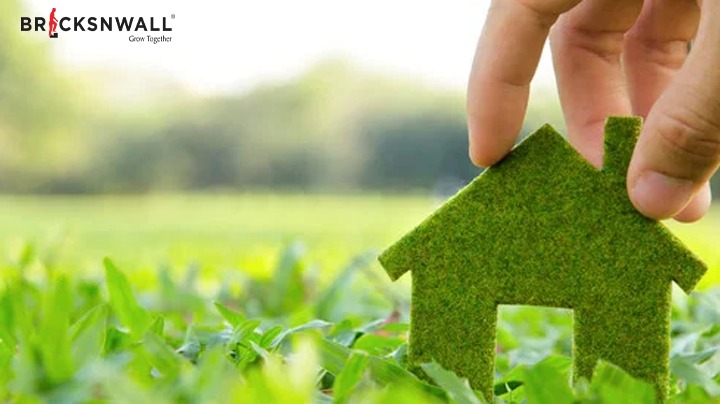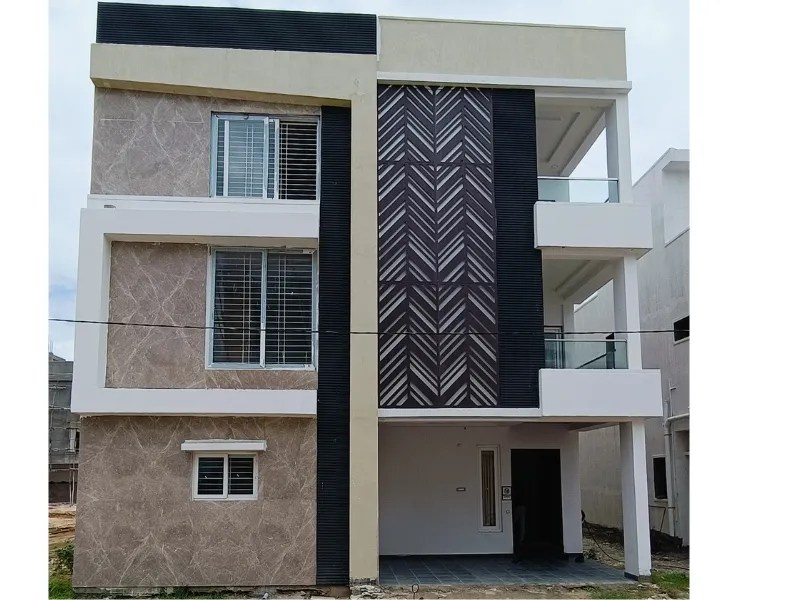Innovative Home Tips For A Greener Home
Bricksnwall Trusted Experts

With increasing
environmental concerns, many individuals are making an effort to reduce their
carbon footprint and adopt a greener lifestyle. One of the simplest and most
effective ways to do so is by making changes in your home. Here are some
innovative home tips for a
greener home:
Energy-efficient lighting: One
of the easiest ways to make your home more energy-efficient is by switching to
LED light bulbs. LED bulbs last longer and use less energy than traditional
incandescent bulbs, resulting in significant energy savings. Additionally,
installing motion sensors and timers can help reduce energy usage even further.
Smart home devices: With
the advent of smart home devices, it has become easier to manage your energy
usage. Smart thermostats, for example, can learn your heating and cooling
preferences and automatically adjust the temperature to save energy. Smart
power strips can also help reduce energy usage by automatically turning off
appliances when not in use.
Eco-friendly cleaning products: Conventional
cleaning products often contain harmful chemicals that can negatively impact
the environment. Switching to eco-friendly cleaning products can help reduce
your environmental impact and keep your home clean and safe. There are a
variety of eco-friendly cleaning products available, including natural cleaners
made from vinegar and baking soda.
Indoor plants: Indoor
plants are not only aesthetically pleasing but also provide numerous benefits.
They can purify the air by removing harmful toxins, improve air quality by
increasing humidity, and even boost mood and productivity. Some great indoor
plants to consider include spider plants, snake plants, and peace lilies.
Water-saving devices: Water
is a precious resource, and reducing water usage is an essential aspect of
adopting a greener lifestyle. Installing low-flow showerheads and faucets,
fixing leaks, and using a rainwater harvesting system are all great ways to
save water. Additionally, switching to water-efficient appliances such as
dishwashers and washing machines can help reduce water usage significantly.
Composting: Composting
involves collecting food scraps and yard waste and allowing them to decompose
naturally, resulting in a nutrient-rich compost that can be used in your
garden. There are various composting methods, including vermicomposting (using
worms) and traditional composting.
Sustainable materials: When
renovating or redecorating your home, it's essential to consider using
sustainable materials. Sustainable materials are those that have a low
environmental impact and are responsibly sourced.
In addition to using natural cleaning
products, you can also make your home greener by using natural and sustainable
materials in your home decor. Opt for furniture made from sustainable materials
like bamboo or reclaimed wood. Choose natural fibers for rugs and curtains,
such as cotton, wool, or linen. Consider investing in energy-efficient appliances
and lighting fixtures to reduce your energy consumption and save money on your
utility bills.
Another way to make your home greener is
by reducing your water usage. Fix any leaks promptly, and consider using a rain
barrel to collect water for your garden or outdoor plants. When watering your
lawn or garden, water early in the morning or late in the evening to prevent
evaporation and reduce water usage
Conclusion
Adopting a greener lifestyle starts with making small changes in your home. By implementing these innovative home tips, you can reduce your environmental impact and create a more sustainable living environment for yourself and future generations.




